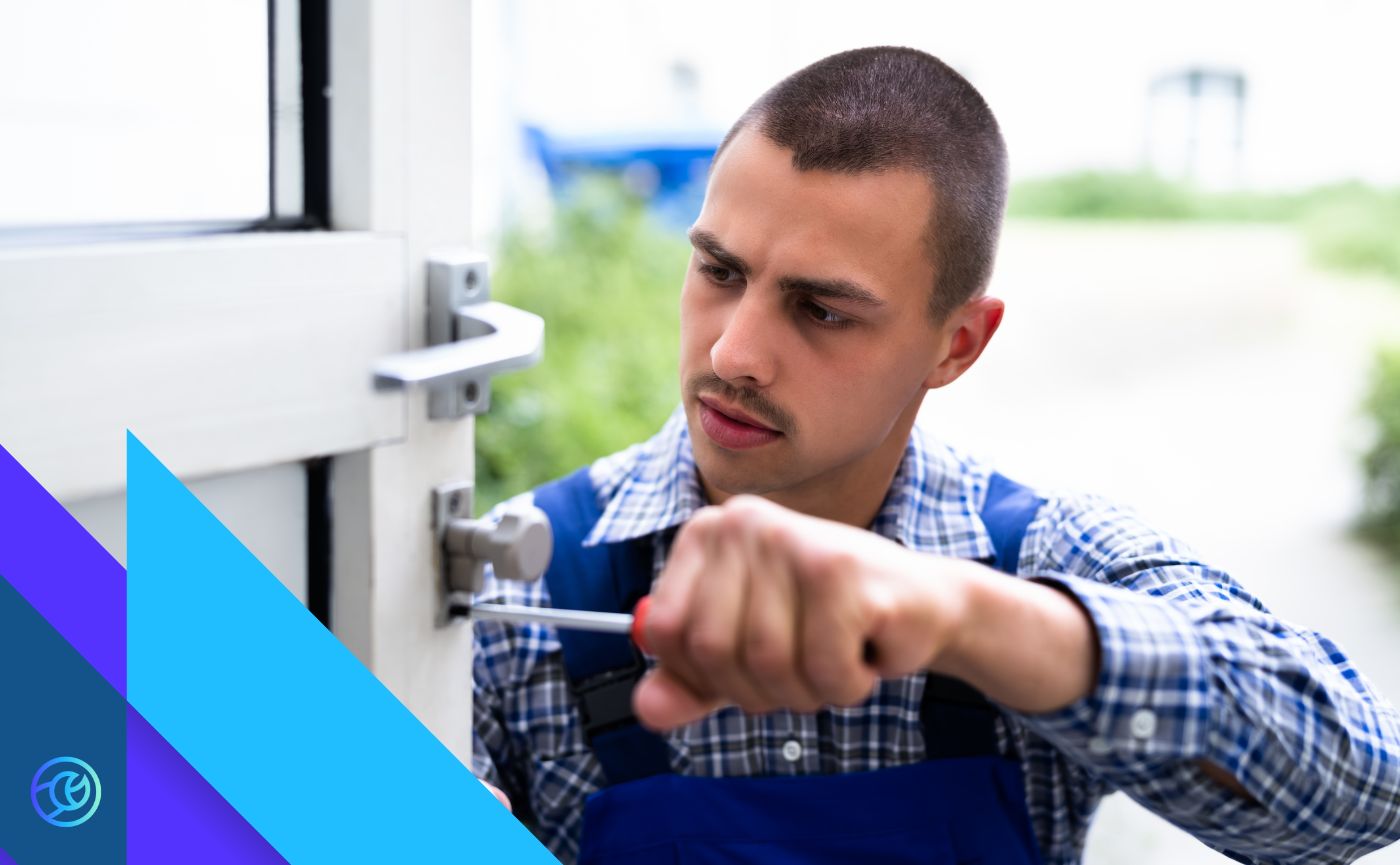Capitalize on the Coffee Industry’s Hot Streak with Facebook, Instagram, TikTok, and Amazon Ads
The coffee industry is extra hot this year, with a surge in visits and mobile orders. According to a recent study by Placer.ai, coffee chains saw a 5.1% YoY increase in visits in early 2024. Major players like Starbucks and Dunkin’ are expanding their footprints to meet growing demand without diluting existing store performance.
Return-to-office trends have bolstered morning foot traffic, a potential boon for cafes located near business hubs. This shift has prompted increased use of ordering apps, with studies demonstrating more than 70% of coffee orders are placed on mobile devices. Additionally, loyalty programs have become essential for coffee shops aiming to effectively cater to evolving consumer habits and preferences.
Leveraging Local Advertising for Coffee Franchises
Franchise marketers in the coffee industry can capitalize on this momentum by strategically leveraging platforms such as Facebook, Instagram, TikTok, and Amazon Sponsored Display. Utilizing these platforms effectively enables the coffee industry to drive app downloads, increase orders and visits, and cultivate customer loyalty through targeted messaging and engaging content tailored to each platform’s distinct audience.
Platform-Specific Strategies for Coffee Franchise Marketing
Facebook: Precision Targeting for Local Coffee Audiences
Facebook’s vast audience spans across various age groups, making it an ideal platform for reaching every demographic. Its advanced targeting features enable coffee franchisees to connect effectively with local audiences, showing high intent. By understanding local demographics and psychographics, franchises can tailor their advertising efforts precisely. Coffee chains have thrived by catering to specific customer segments, such as office-goers and suburban families. Utilizing radius, zip code, and city targeting helps focus on specific service areas, and Facebook’s minimum budget of $1 per day makes advertising accessible for most local businesses. Implementing dayparting based on the location’s high-traffic times of day can further enhance performance and effectiveness.
Instagram & TikTok: Engaging Coffee Audiences with Vertical Video
Vertical video content dominates on both Instagram and TikTok, and these platforms are ideal for promoting new menu items, unique drink personalizations, and store amenities. Reels on Instagram and Facebook offer broad demographic reach with quick, impactful ads, though music usage is limited to original or licensed tracks. TikTok, appealing to a younger crowd, provides flexible video lengths for varied storytelling and boasts a vast music library. Both platforms offer valuable analytics, guiding franchisees to optimize their ad strategies. By empowering your franchisees with local advertising technology, you help them overcome the challenges of creating short-form videos and enable them to take advantage of the power of vertical video advertising.
While Reels targeting parameters are the same as Facebook’s (see above), it should be noted that TikTok parameters differ in several meaningful ways. First, TikTok does not allow for radius targeting, but rather focuses a level up to zip code, DMA, or city. Second, TikTok’s minimum budget requirements are higher at $50 per day; however, these spending requirements are lower than in years past and will continue to decrease as more and more advertisers leverage the tool and publish ads.
Amazon Sponsored Display: Reaching Coffee Consumers with Purchase Data
Amazon Sponsored Display is a powerful new tool for targeting proprietary audiences based on purchase and viewing behaviors in the Amazon ecosystem. Tiger Pistol’s collaboration with Amazon Ads introduces Sponsored Display Ads to a broad range of businesses, including those not selling directly on Amazon. Amazon assembles high-intent audiences from its vast data, allowing education franchisees to reach potential customers efficiently. Creative execution is a cinch, and Amazon Sponsored Display requires no minimum daily budget.
Brewing Success with Targeted Local Advertising
By strategically using platforms like Facebook, Instagram, TikTok, and Amazon Sponsored Display, franchises can boost visibility, drive app downloads and visits, and foster customer loyalty through targeted, engaging content. This proactive approach not only adapts to evolving consumer behaviors but also positions coffee franchises for sustained growth in a competitive market landscape.
Ready to see how Tiger Pistol can supercharge your coffee brand's local advertising strategy?
Related Posts
Effective Field Support Part 1: The Key to Building Franchisee Trust and Success
Franchise networks thrive on trust, performance, and brand alignment. But maintaining this balance can feel like a juggling act. Franchisees need simple, effective marketing tools. Field consultants must foster trust while improving outcomes. Corporate marketers have to ensure brand consistency while driving measurable results. The key to conquering these chall
When Bigger Budgets Underperform: A Practical Checklist for Franchise CMOs
Part 2 of our series The Franchise Marketing Budget-Conversion Disconnect. Part 1: The Budget–Conversion Disconnect: Why 2025 Franchise Marketing Reveals a Deeper Structural Issue | Part 3: Tips & Tricks for 2026: A Franchise Marketer’s Guide to Smarter Budget Planning Every franchise marketing leader recognizes the familiar pressure cycle. A new ye
Tiger Pistol Expands Advertiser Ecosystem to Include TikTok, Paving the Way for Vertical Video Social Media Advertising at Scale
Surveys among marketers planning their 2024 budgets underscore the significance of short-form video. A recent Kantar study reveals that three out of every four marketers intend to boost their online video budget. Furthermore, MarketSplash found that a significant majority of marketers (85 percent) firmly support short-form, vertical videos as the preferred cont
Digital Strategies That Drive Local Action for Home Services Franchises
Homeowners aren’t browsing digital platforms passively. They’re planning projects, checking reviews, and pricing out upgrades, and they’re doing it on the same channels where they scroll for news, recipes, and entertainment. Seventy percent of homeowners now prefer to book services online. Forty-five percent discover providers through social media. The bu





